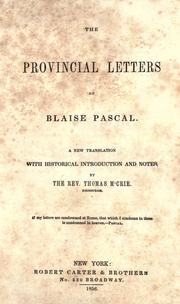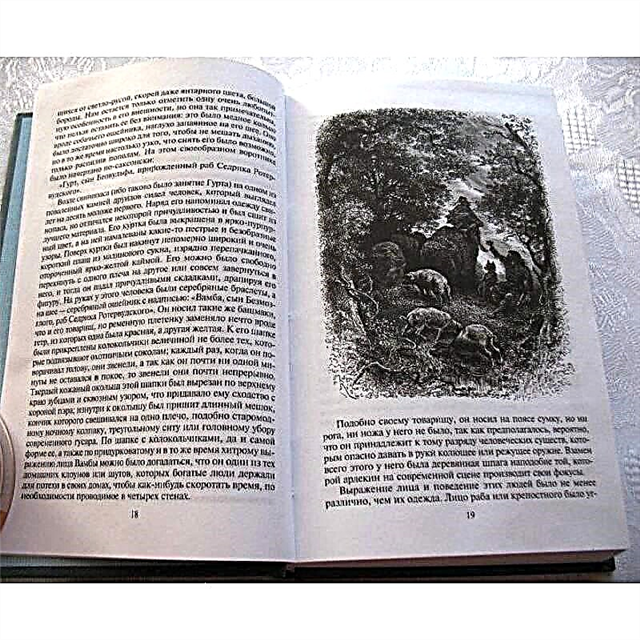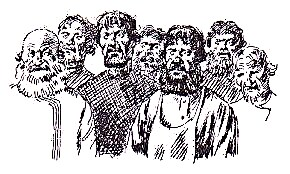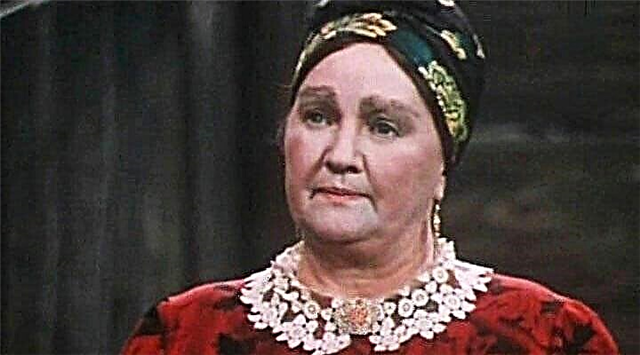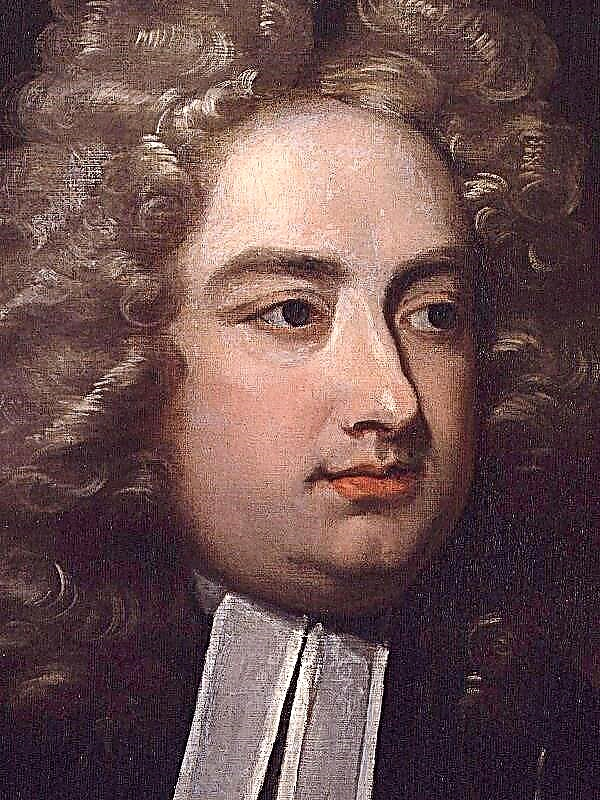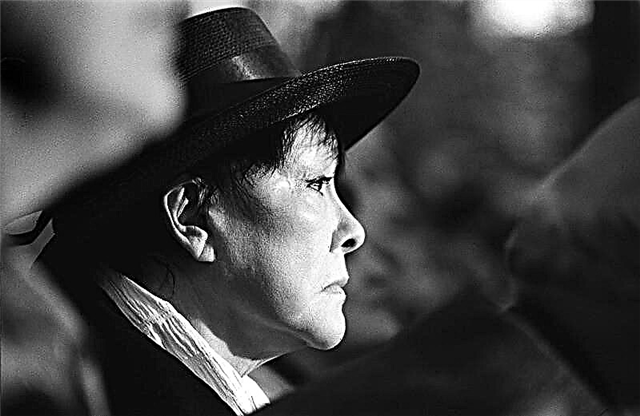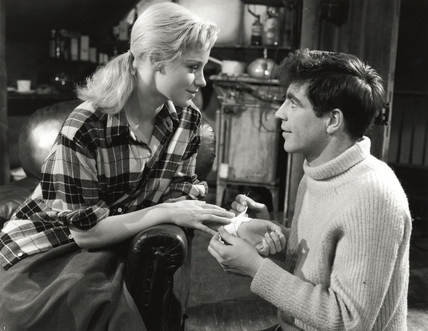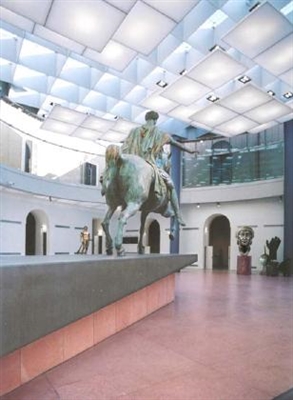Yablonsky (secret agent of the secret police) arrives in St. Petersburg; he meets with Sudeikin, the secret police inspector. Recently, in Kharkov, Yablonsky extradited Vera Figner to the police (she was arrested, brought to St. Petersburg and “showed” to Pleve, director of the police department, gendarmes corps commander Orzhevsky, and Interior Minister D. Tolstoy). Yablonsky demands an audience with the minister (Tolstoy) and the sovereign; Sudeikin expects various awards.
Sergey Degayev, a revolutionary, comes to St. Petersburg; he recalls his childhood in Moscow, his younger brother Volodya (now he lives in Saratov), his sister Lisa (she studies at the conservatory), his wife Lyuba. When Degayev comes to his sister, he meets her friend Nikolai Blinov, a student at the Mining Institute. Blinov, too, is engaged in revolutionary work - he shows Degayev a “dove” - a non-commissioned officer who transfers the notes of convicts from the Peter and Paul Fortress to freedom. Degayev is at secret meetings with the Karaulov brothers, where he meets with the poet Yakubovich and other revolutionaries - Flerov, Kunitsky, Yuvachev. Warrant Officer Yuvachev recalled his meetings with Degayev in Odessa - he called for terror, which provoked protest from Yuvachev; in addition, the ensign was guarded by the arrests "in the wake of Degayev." Degayev sends his sister to Moscow, and Blinova on a trip to Russia with secret orders.
The director of the Pleve Police Department receives Agent Jablonski; secretly, behind the curtains, there is the Chief Prosecutor of Pobedonostsev, who was interested in Agent Yablonsky. The agent assures Director Pleve that he is not guided by career or non-mercantile considerations; he believes that the actions of the terrorist faction should be suppressed. Pleve reminds of practical concerns - the coronation is coming soon, the possibility of an attempt on the emperor should be warned. Yablonsky “cannot give guarantees,” Pleve says goodbye to him.
Sudeikin in Moscow - checks readiness for coronation; Lisa Degayeva in Moscow is looking for a worker Nil Sizov (she has a note from him from his brother Sergey), but, not having him, gives the letter to his mother; coronation takes place without excesses.
Neil Sizov lives near Moscow with the father of his bride Sasha. He was a skilled locksmith and turner, previously, together with his older brother Dmitry, worked in railway workshops. The Sizovs began to stand up for the offended workers, they were arrested - Neil managed to escape, and the head of the Moscow wanted list, Skandrakov, began to persuade Dmitry to cooperate. Driven to despair, Dmitry rushes at Skandrakov with a knife, and he jumps out the window; Skandrakov after some time recovered from his injury, and Dmitry, who broke his spine, dies in a prison hospital. After long wanderings in Moscow overnight accommodations, Neal settles in with the lineman Fedor, Sasha's father.
Volodya Degayev serves in Saratov, is under secret police surveillance; Blinov comes to Saratov, gets acquainted with Volodya.
In the conversation between Sudeikin and Pleve, the idea of assassinating Minister Tolstoy arises. Sudeikin shares this plan with Yablonsky. An attempt is being made on Tolstoy; Neil Sizov makes shells: he is helped by Volodya Degayev, who was transferred to St. Petersburg.
Degayev comes abroad, meets with Tikhomirov and Oshanina - revolutionaries of the old guard. Before this, Tikhomirov, one of the revolutionaries who arrived in Paris, spoke about her suspicions about Degayev. At a confrontation with Degayev, she confirmed her accusations, and Tikhomirov was convinced of her correctness. Revolutionary German Lopatin arrives illegally in St. Petersburg under the guise of the Englishman Norris. He learns that wherever Blinov, the emissary of Degayev, has been arrested. Only one Derpt friend of Blinov, whom he did not tell Degayev, remained at large. In a conversation with Degayev, Lopatin found out the whole truth: Degayev and secret agent Yablonsky are one person.
To partially justify himself in the eyes of the revolutionaries, Degayev-Yablonsky arranges for the murder of Sudeikin. After that, he goes abroad - the revolutionaries promised him to save his life. There, in London, Volodya Degayev appears, the brothers are sailing to America. Blinov, unable to bear the suspicions of treason (he does not know about Degayev’s exposure), rushes from the bridge to the Neva and dies.
Major Skandrakov was invited from Moscow to Sudeikin's place - he will have to investigate the murder of a police inspector. Gradually, several suspects are arrested - Stepan Rossi, Konashevich, Starodvorsky. In Moscow, Flerov and Sizov are being arrested. The provocateur in the cell persuades Sizov to kill the Moscow prosecutor Muravyov and even hands him a gun; the attempt was arranged by Muravyov himself, for his own purposes. Skandrakov convinces Stepan Rossi to give the names of those two who participated in the murder of Sudeikin. Returning to Russia, Lopatin is tracked down and arrested. Arrested Pyotr Yakubovich.
Pleve instructs Skandrakov to find out about the connections of the former Minister of Internal Affairs Loris-Melikov and the morganatic wife of Alexander II Princess Yuryevskaya with revolutionary emigration, in particular with Tikhomirov. The second order is to steal or lure Tikhomirov to the German border, where he will be extradited to the Russian government. Skandrakov arrives in Paris, where he meets with agents of the Russian police, Landezen and Rachkovsky.
Tikhomirov was tired and disappointed - the revolutionary movement was defeated, it was all over. His son Sasha was seriously ill, he has meningitis; the doctor warns that eight out of ten patients with this disease die. But Sasha is gradually recovering, and previously not believing Tikhomirov goes to the Orthodox Church, where he prays with emotion. After the recovery of his son, the Tikhomirov family settled in the suburbs of Paris La Rancy.
Skandrakov illustrates Tikhomirov’s letters and discovers that Tikhomirov was disappointed in revolutionary activity. After Skandrakov’s written report to the police department and Tikhomirov’s letter addressed to V.K. Pleve requesting permission to return to Russia, the former revolutionary was granted the highest petition and permission to return, however, under the five-year police supervision. Tikhomirov publishes the pamphlet Why I Stopped Being a Revolutionary; clever Skandrakov understands how important Tikhomirov’s thoughts and his rejection of his former convictions are, but the sincerity of the former revolutionary is suspicious in the Russian government.
At a military court session, Lopatin pronounces the last word; the sentence is a foregone conclusion - the death penalty by hanging. His comrades — Yakubovich, Starodvorsky, and others — were also sentenced to hang. But Emperor Alexander III shows mercy — the death penalty has been replaced by life imprisonment in Shlisselburg.
Neil Sizov sentenced to ten years of hard labor. In order to “protect him from the corrupting influence of state criminals,” he was placed among criminals, with a batch of which he was taken to Odessa by train, and from there by sea to Sakhalin. The ship almost drowned off the coast of Sakhalin - the Danger Stone, on which the ship got stuck, saved it. People were loaded onto boats and transported ashore. It soon became clear to Neal that the regime in hard labor - a split from the "free world" - was the same omnipotence of a bribe, the same hierarchy, the same deceit, the same national discord ...
Lopatina at first deafened the news of the abolition of the death penalty for him and his accomplices; in Shlisselburg he felt like in a silent grave. The caretaker Sokolov, nicknamed Herod, is not serving, but out of sadistic pleasure, tormenting prisoners. He also has instructions. It seems that there is no way out and there will not be, the power of the Herods and instructions over the whole of Russia is infinite. “But listen ... Do you hear how Ladoga and Neva are humming and splashing? Listen up You hear something that is not given to eavesdrop on the Herods. And such, before which instructions are not dominant.

